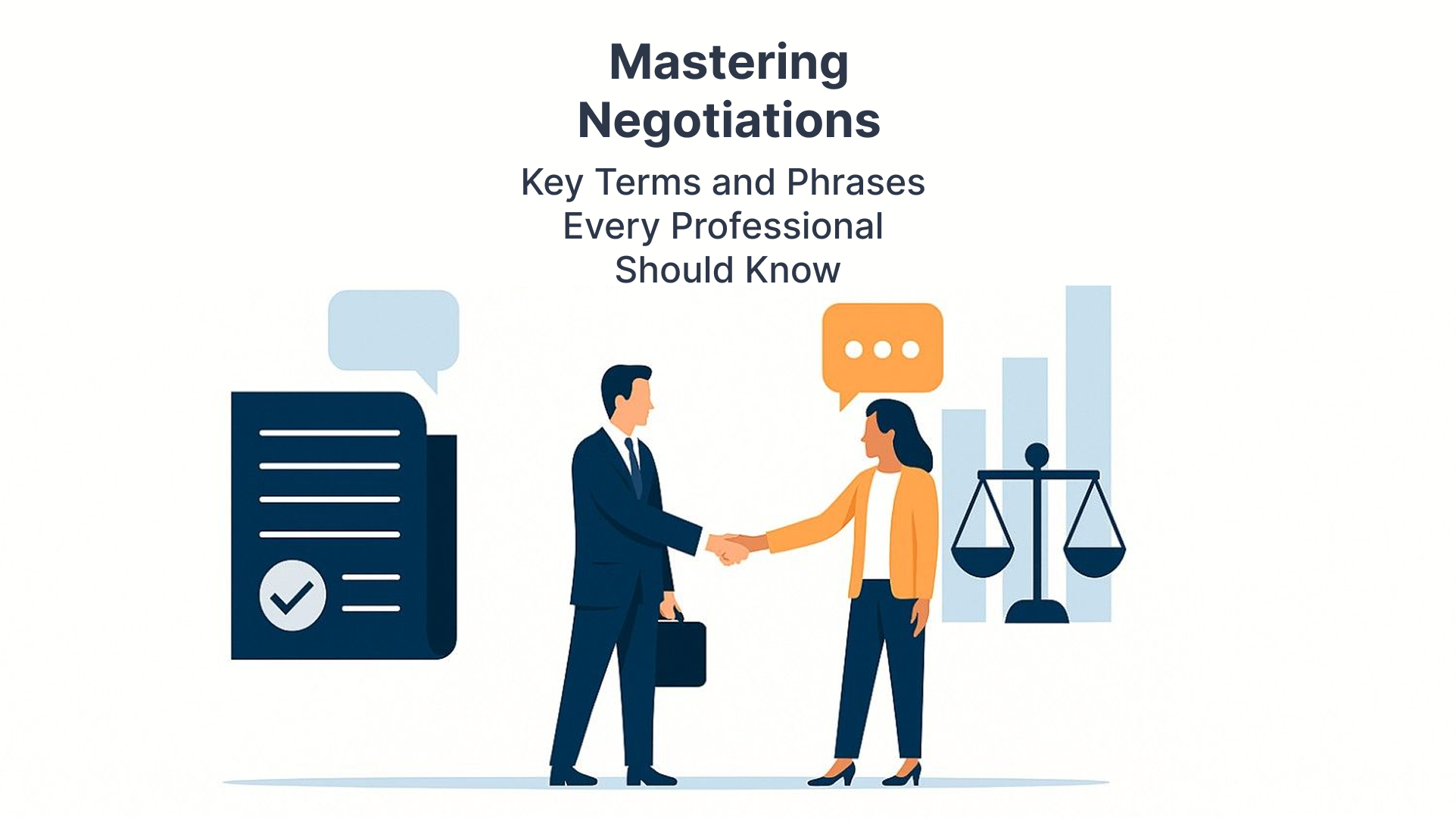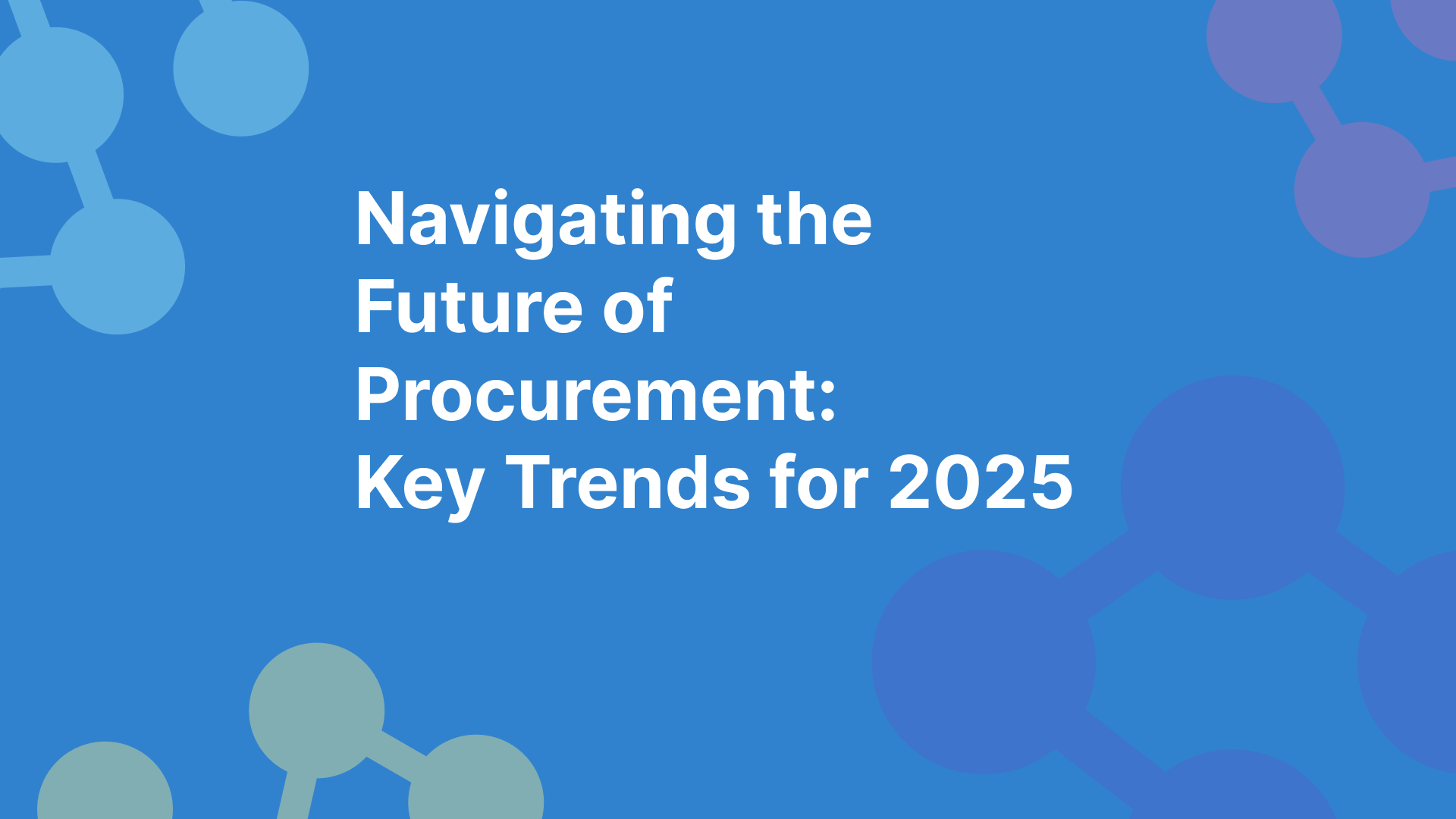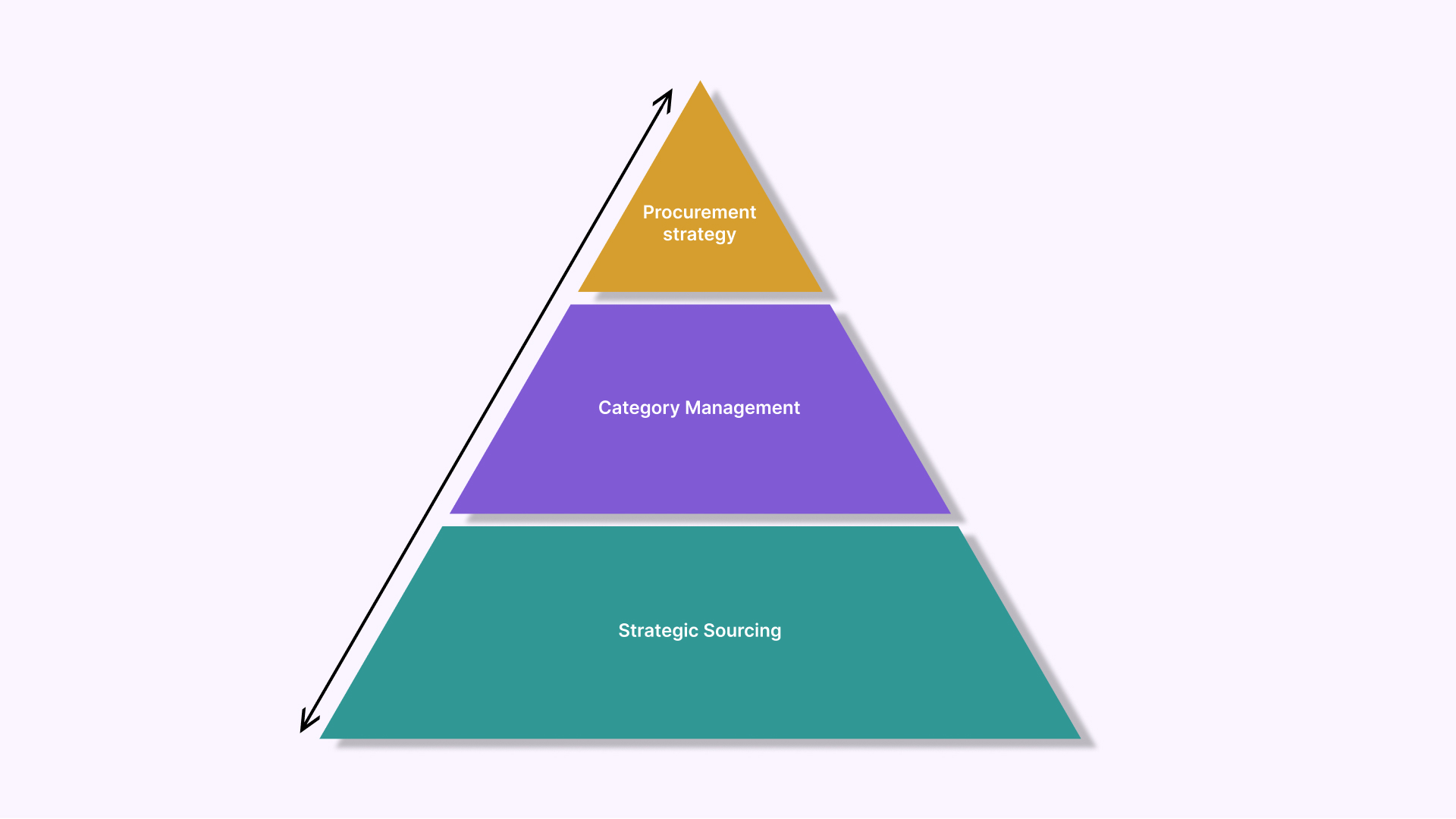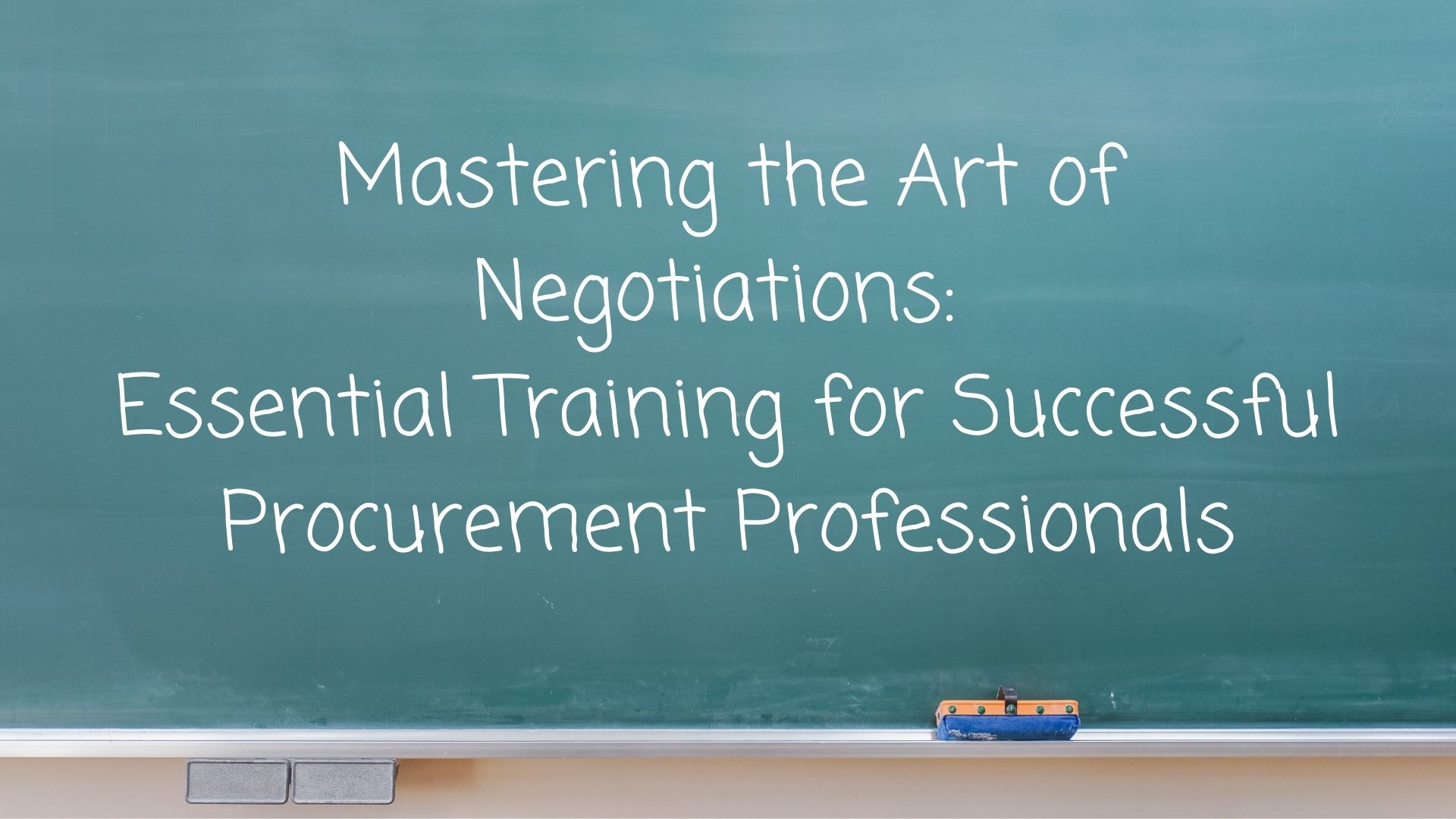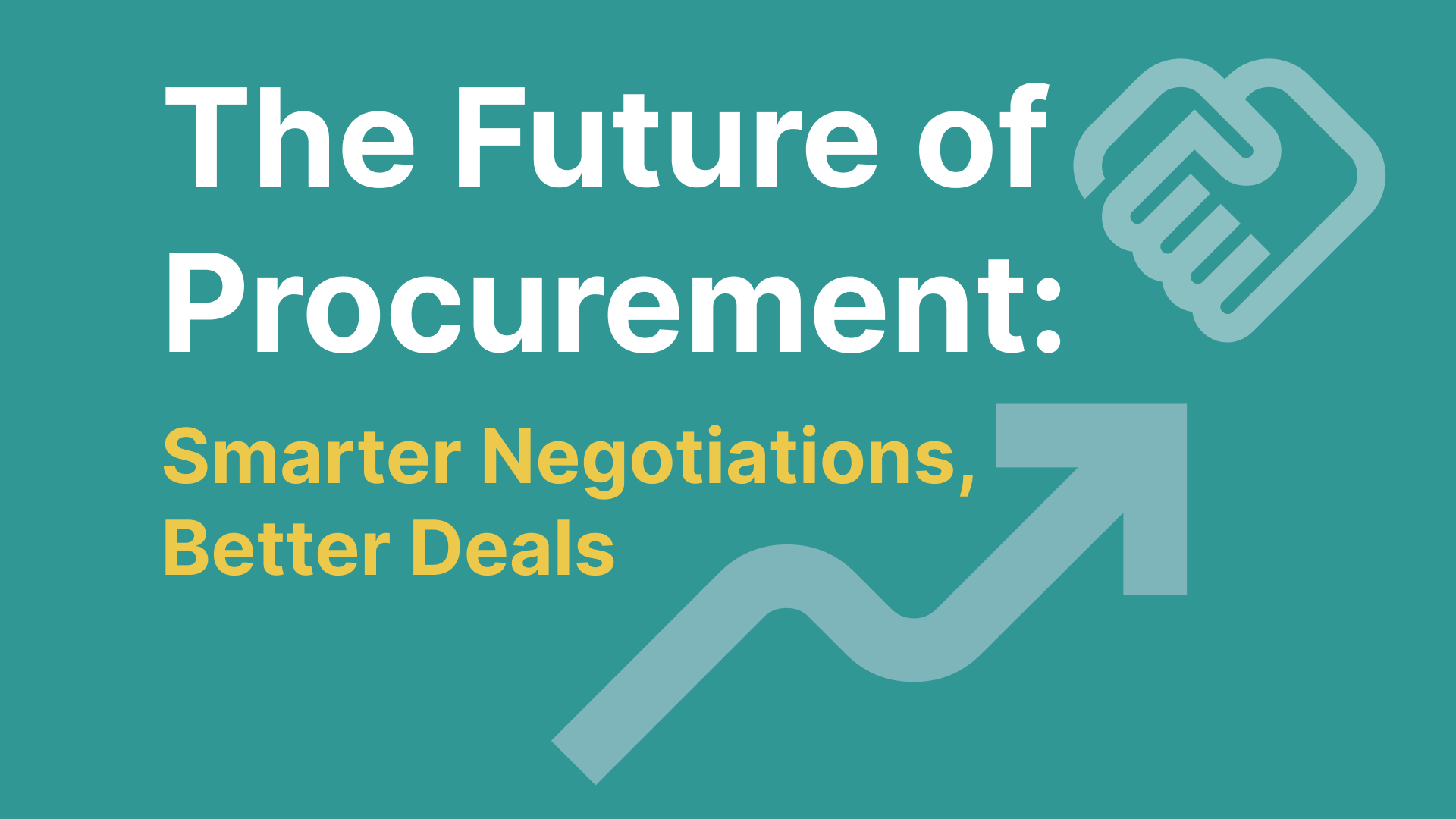Negotiations are an essential part of procurement and contract management processes, impacting everything from supplier relationships to contract terms. Understanding the terminology used in negotiations can significantly enhance your effectiveness in these discussions. This article explores key terms and phrases every procurement professional, contract manager, and legal team member should know.
Why Vocabulary Matters in Negotiations
Having a strong grasp of negotiation vocabulary is crucial for several reasons:
- Clarity and Precision: Knowing the right terms allows you to articulate your points clearly, reducing misunderstandings.
- Building Rapport: Using industry-recognized phrases can establish credibility and foster trust with counterparts.
- Strategic Advantage: Familiar vocabulary can aid in crafting persuasive arguments, as well as in understanding the tactics of the other party.
According to a report by the Institute for Supply Management (ISM), effective communication is one of the top five skills necessary for successful negotiations (source: ISM). Language is a power, and used right, you will be respected and taken seriously. Therefore, let’s dive into some key terms that can elevate your negotiation skills.
Essential Negotiation Terms
1. BATNA (Best Alternative to a Negotiated Agreement)
BATNA is a foundational concept in negotiation theory, referring to the best course of action you can take if the current negotiations do not result in an agreement. Understanding your BATNA provides you with a baseline against which to measure any proposed deal. If an offer is worse than your BATNA, you should walk away; if it is better, you should consider accepting. Knowing your BATNA allows you to negotiate from a position of strength because it minimizes dependency on the outcome of the current discussion. For example, if you have multiple suppliers to choose from, your BATNA might be shifting your business to an alternative provider. Conversely, if you have no viable alternative, your leverage weakens. Always evaluate and strengthen your BATNA before entering negotiations—it’s your ultimate safety net.
2. Zone of Possible Agreement (ZOPA)
ZOPA represents the range where an agreement is possible because the minimum terms acceptable to one party overlap with the maximum terms the other party is willing to offer. Understanding this zone is critical to determining whether negotiations have the potential for success. To accurately identify ZOPA, you need to invest time in preparation: analyze the other party’s priorities, assess their limitations, and clarify your own bottom line. Knowing ZOPA allows you to focus your efforts on realistic options and avoid wasting time on unachievable demands. It also helps you gauge how far you can push without jeopardizing the deal entirely. Skilled negotiators continuously refine their understanding of ZOPA throughout the discussion as new information emerges.
.png)
3. Leverage
Leverage refers to the ability to influence the other party’s decisions, often by controlling resources, knowledge, or alternatives that the counterpart values. Leverage can come in many forms—market position, time pressure, exclusive access to information, or even reputational advantages. For example, if you control a scarce resource that your counterpart urgently needs, your leverage increases significantly. Conversely, if they have numerous alternatives, your leverage weakens. Effective negotiators actively build and protect leverage, while also recognizing when and how to use it strategically. Misusing leverage, however, can damage relationships and lead to short-term wins at the expense of long-term trust.
4. Concessions
Concessions are compromises or trade-offs made during a negotiation to move closer to an agreement. Knowing what and when to concede is an art form. Concessions should never be given lightly—they should be deliberate and ideally conditional, creating value for both parties. Strategic concessions often involve giving up something of lower importance to you but high value to the other party. Skilled negotiators also pace concessions to maintain momentum without signaling desperation. The timing, framing, and perceived value of concessions can significantly impact the final outcome of the deal.
5. Scope
Scope defines the boundaries of what's being negotiated; whether a contract, partnership, or transaction. Establishing clear scope ensures both parties share an understanding of what's included and excluded from the agreement.
Unclear scope often leads to misunderstandings, scope creep (more added to the deal that you did not anticipate or even want), or future disputes. Scope discussions typically reveal hidden expectations or unstated priorities, making this a critical element to clarify early. For complex deals, formally documenting the scope before finalizing terms can prevent costly conflicts later.
6. Terms and Conditions
Terms and conditions set out the formal obligations, rights, and responsibilities of each party under the agreement. These provisions define payment terms, delivery schedules, performance criteria, risk allocation, and dispute resolution mechanisms. Clear and precise terms and conditions are critical for avoiding ambiguity that could lead to legal or operational challenges. While commercial discussions often focus on price and scope, overlooking the fine print can create liabilities or operational bottlenecks later. Always ensure that terms and conditions are reviewed thoroughly before committing to any deal. In SourceMagnet you can flag your most important terms and conditions for monitoring and follow up activities!
Common Phrases Used in Negotiations
1. “What are your thoughts on this?”
This phrase invites collaboration and shows openness to the other party's perspective, fostering a positive negotiating atmosphere.
2. “Let’s find a solution that works for both of us.”
Using this phrase signals a willingness to explore win-win outcomes, which is often crucial in maintaining long-term relationships.
3. “Can you help me understand why that is important to you?”
This question encourages dialogue and deeper understanding, which is key to effective negotiation.
4. “I appreciate your flexibility.”
Acknowledging collaboration can strengthen the relationship and encourage further cooperation during negotiations.
Enhancing Your Negotiation Skills
Incorporating these terms and phrases into your vocabulary can provide a framework for intuition-driven negotiations. Here are some actionable steps to sharpen your skills:
- Role-Play Scenarios: Practice using these terms in mock negotiation scenarios with colleagues.
- Watch Examples: Observing real-life negotiations can help contextualize the usage of these terms; consider resources from platforms like Harvard Business Review (source: HBR).
- Continuous Learning: Stay updated on negotiation strategies and terms by attending workshops or accessing online courses focused on negotiation skills. But most importantly, learn by doing! Run negotiations continously, and use a contract management solution like SourceMagnet to help you!
Conclusion
Mastering negotiation terminology not only enhances your communication but also builds your confidence during contractual discussions. Embrace these key terms and phrases, ensure you understand them thoroughly, and observe how they can positively impact your negotiation outcomes. To further develop your understanding of procurement processes, consider exploring SourceMagnet's Contract Management tool.
By investing in your negotiation proficiency, you’re not just improving your skills – you’re positioning your organization for better deals and stronger partnerships. Good luck!
.png)
Download our free Negotiation Toolkit and get everything you need to succeed at the table!
What's inside
1. Negotiation Terms Cheat Sheet (PDF)
Quick reference guide to 6 essential negotiation terms with definitions and tips.
2. ZOPA Visual Guide (PDF)
Clean diagram showing Zone Of Possible Agreement (ZOPA and how to identify it, plus a short explanation.
3. BATNA & ZOPA Calculator (Excel)
Interactive spreadsheet to calculate ZOPA and compare against BATNA.
🚀 Save time preparing for negotiations
✅ Gain confidence with clear frameworks
💰 Use expert tools to secure better deals

